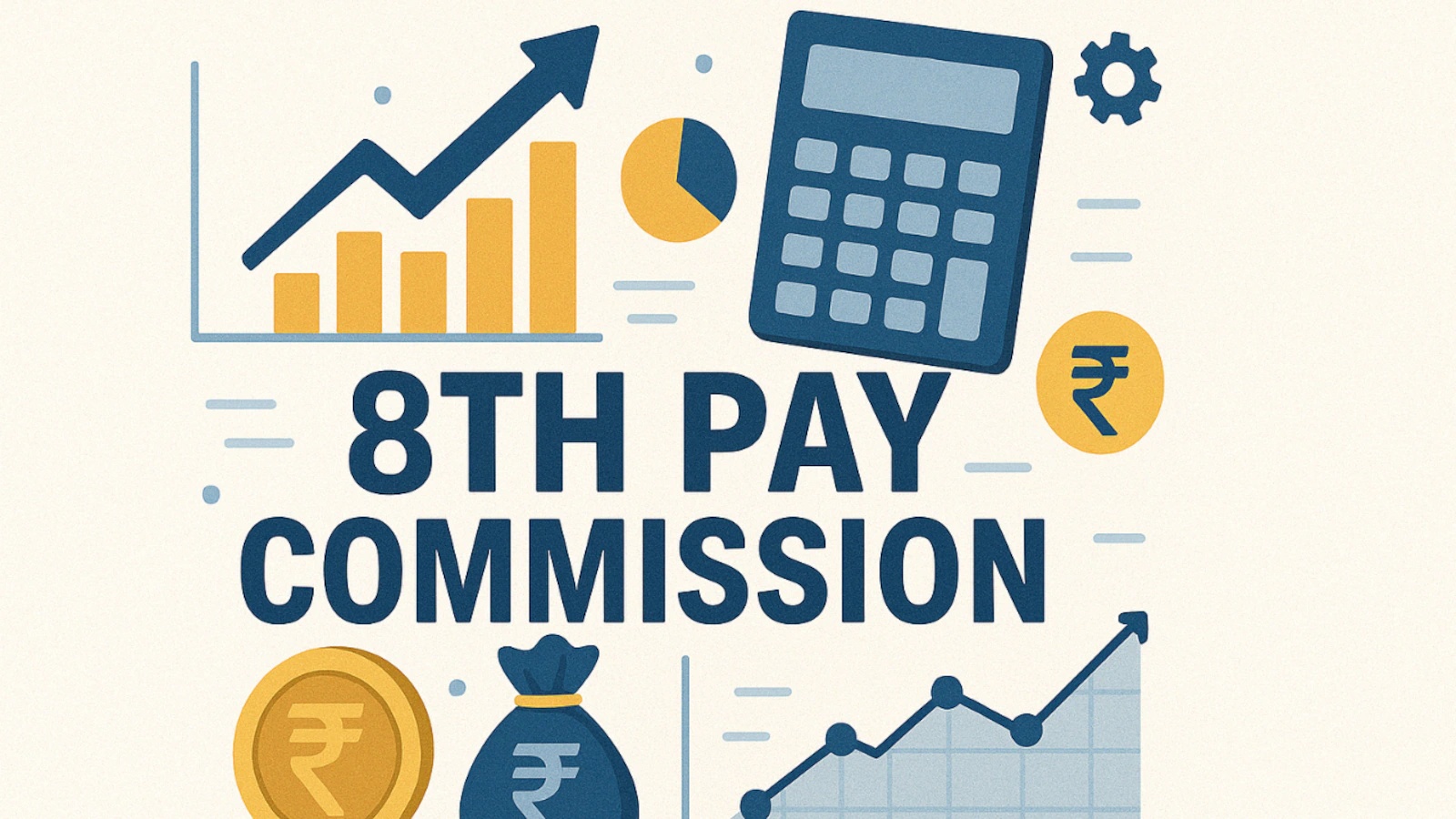
Significant Salary Hike Anticipated for Central Government Employees
The 8th Pay Commission is poised to deliver a transformative boost to the salaries and pensions of central government employees, with projections indicating a 30-34% increase. This development, highlighted in a report by Ambit Capital, marks a substantial departure from the 14% hike implemented by the 7th Pay Commission between 2016 and 2025. The proposed revisions aim to benefit approximately 4.4 million active employees and 6.8 million retired pensioners, significantly enhancing their financial stability. The report emphasizes that this adjustment is expected to stimulate consumption and improve the standard of living for these beneficiaries. The implementation timeline, scheduled for January 2026, remains contingent on government approval, with potential delays if the commission’s formation is delayed.
Fitment Factor and Its Role in Salary Calculations
A critical component of the 8th Pay Commission’s recommendations is the fitment factor, which directly influences the calculated pay hikes. The report suggests a range of 1.83 to 2.46 for this factor, contrasting with the 2.57 used in the 7th Pay Commission. This factor multiplies the current basic salary to determine the actual increase. The previous fitment factor raised the minimum basic pay from Rs 7,000 to Rs 18,000, though it led to a zero Dearness Allowance (DA), reducing the real salary growth to 14.3%. The new factor is expected to address these discrepancies, ensuring a more equitable distribution of financial benefits. The commission’s recommendations will also impact other allowances like House Rent Allowance (HRA) and Transport Allowance (TA), which collectively determine the net salary.
Implementation Challenges and Broader Implications
The delayed formation of the 8th Pay Commission introduces uncertainty regarding the implementation timeline, with the report cautioning that the process could extend beyond the original January 2025 deadline. This delay might result in higher arrears payments for employees, highlighting the need for prompt action. The proposed salary hike is not merely a numerical adjustment but a strategic move to align with economic growth and inflationary pressures. Analysts suggest that the increased financial support could bolster consumer spending and reduce the fiscal burden on households. However, the success of this initiative will depend on the government’s ability to expedite the commission’s formation and secure approval for the revised recommendations.
Historical Context and Economic Impact
The 7th Pay Commission’s 14% hike, while significant, was noted as the lowest since 1970, prompting the need for a more substantial adjustment. The 8th Pay Commission’s proposed 30-34% increase aims to rectify this by addressing stagnant wage growth and inflation. The report underscores that the revised recommendations could have a ripple effect on the economy, enhancing purchasing power and potentially stimulating economic activity. The impact on pensioners is equally critical, as the hike in pensions will provide them with greater financial security, particularly in the face of rising living costs. The commission’s recommendations also emphasize the importance of balancing salary increases with fiscal responsibility, ensuring that the benefits are sustainable for both employees and the government.
Future Outlook and Policy Considerations
As the 8th Pay Commission moves toward finalizing its recommendations, stakeholders are closely monitoring the potential implications for government finances and employee welfare. The proposed salary and pension hikes represent a significant policy shift, reflecting the government’s commitment to improving public sector compensation. However, the success of this initiative will depend on factors such as the commission’s composition, the final fitment factor, and the government’s approval process. The delayed formation of the commission underscores the complexity of such reforms, which require careful planning to balance fiscal prudence with the needs of employees. As the implementation date approaches, the focus will shift to ensuring that the recommendations are both equitable and economically viable, setting a precedent for future pay commission reforms.




